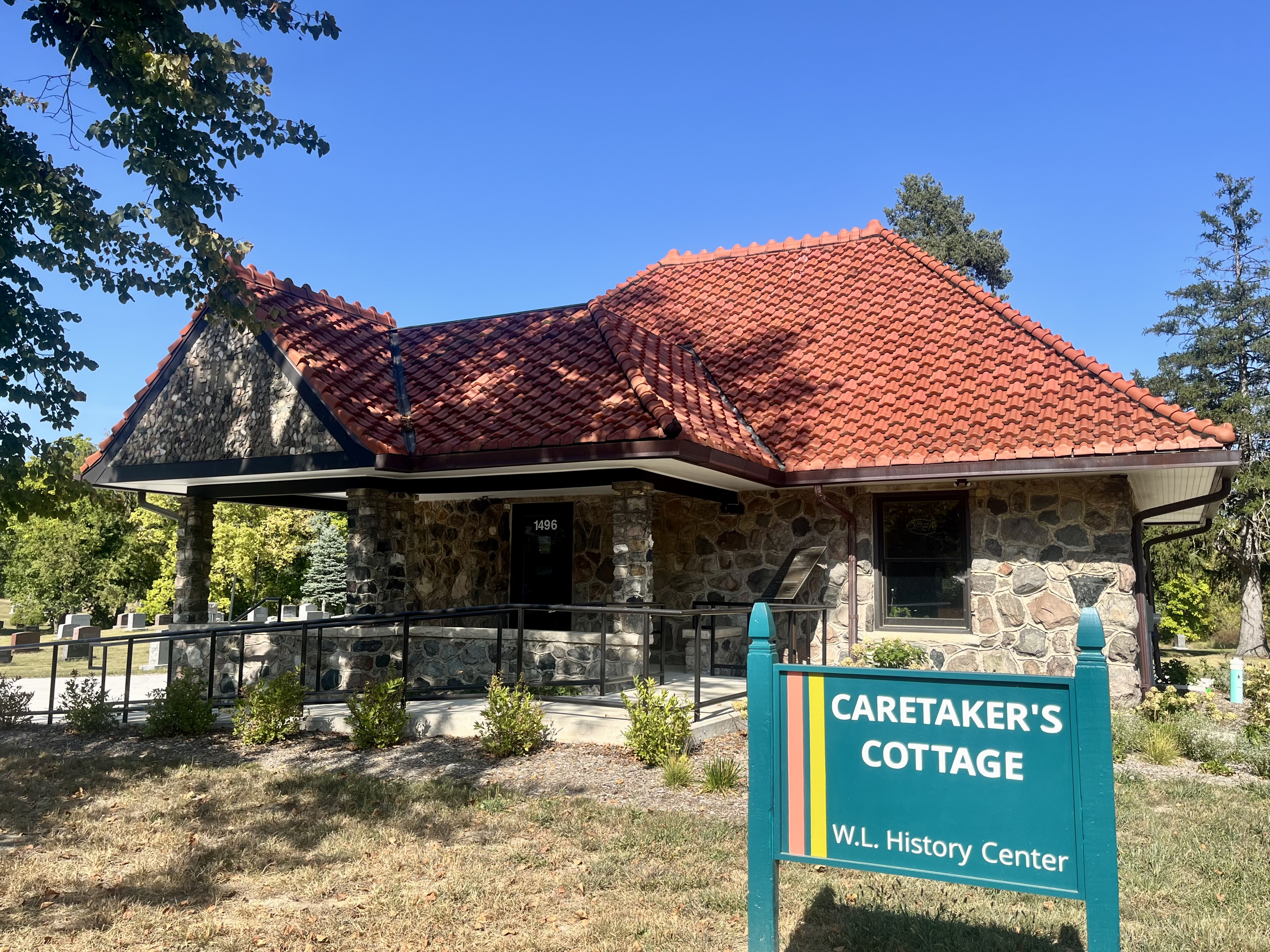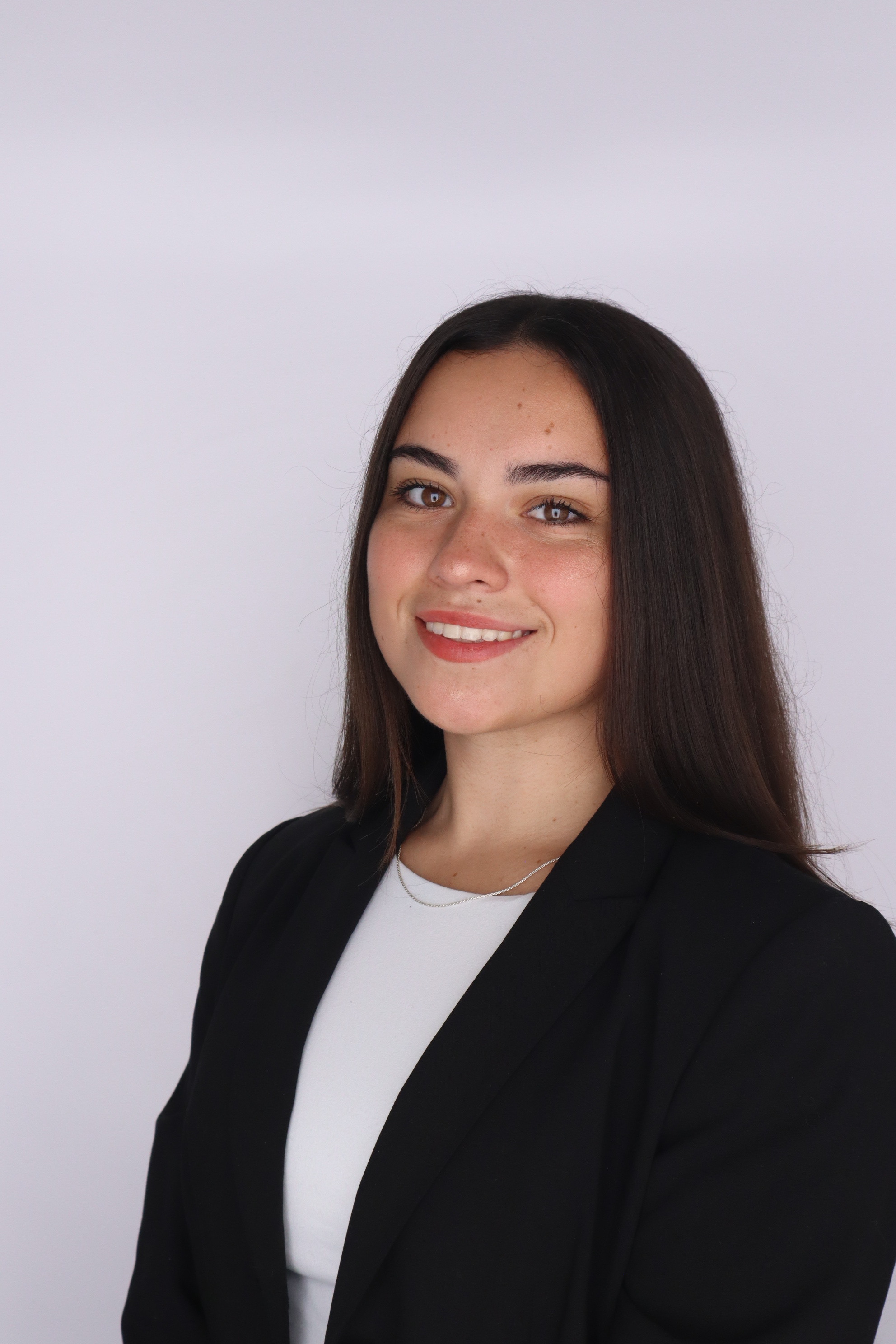Purdue community invited to exhibit featuring Honors research on race and housing in West Lafayette

When the Racial Reconciliation Group of Greater Lafayette reached out to faculty at Purdue asking for help with a project contextualizing race and housing in West Lafayette, JMHC Nathan Swanson was excited to involve his students in the effort.
Swanson created an Honors scholarly project research seminar, asking students to review and analyze the property contracts and racial covenants provided by the Racial Reconciliation Group.
The students analyzed restrictions written into deeds across West Lafayette that barred Black and other nonwhite families from purchasing homes in the area from the 1920s through the 1950s. Using this archive of deeds, the class helped place the development of West Lafayette within the broader background of Indiana and United States history. The class further studied how the racial covenants of the past, often paired with redlining, laid the foundations for future gentrification and housing inequalities.
“The transformative part of this project for students is that this research is tangible and open to the public,” says Swanson. He added that commitment to a community group and public engagement kept students engaged in the seminar throughout the semester.
The Purdue community is invited to explore the exhibit, titled “Race and Housing in West Lafayette,” currently on display at the Caretaker’s Cottage at the West Lafayette Local History Center in Grandview Cemetery through November 2025.
Swanson said the production of the exhibit wouldn’t have been possible without the continuous dedication of one student, Christin Preuss. Preuss spoke of their work on the display as an integral part of her senior year, stating the project helped dissolve the barrier between their life as a university student and a member of the West Lafayette community.
Swanson says he is particularly proud of the community connections Preuss helped develop.
"What I have valued most is not that I was working for the community or with a community group, but that my students were, and that they got something out of that connection.”
Preuss adds that while it is difficult to accept how slow progress can be in our society, watching the impact of this project on the local community is proof that change is possible and it often starts at a local level. Swanson hopes his students’ project helps the West Lafayette community continue to explore the past and improve its future.
The research of the Honors College students and the Racial Reconciliation Group will be on display through November 2025.

Giunliana Corliss
Communication Assistant for Teaching and Learning, tlcoms@purdue.edu